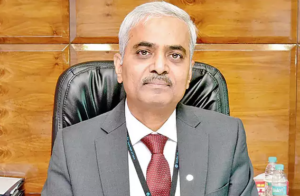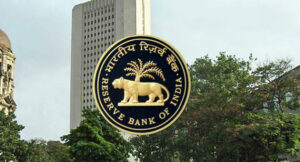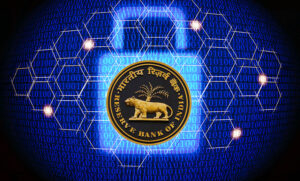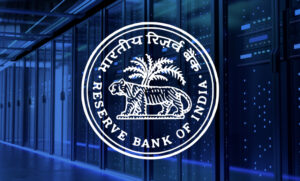
1) World Malaria Day: 25 April

•WMD is one of eight official global public health campaigns currently marked by the WHO. It was established in May 2007 by the 60th session of the World Health Assembly. Prior to the establishment of WMD, Africa Malaria Day was held on April 25.
2) Army Starts Process To Induct Women As Jawans In Military Police

•Women will be inducted in a graded manner to eventually comprise 20% of the total Corps of Military Police and their role will range from probing crime cases to assisting the army in field operations wherever required.
3) Kazakhstan Sets Up Coordinating Council To Attract Indian Investments

•The meeting identified the Astana International Financial Centre (AIFC) as a Unified Center for the coordination of work on investment and promotion of the investment image of Kazakhstan.
4) MD Karnam Sekar Appointed As IOB’s New MD & CEO

•Earlier Sekar was the MD & CEO of Dena Bank till September 2018. He was also the Deputy Managing Director and Chief Credit Officer in State Bank of India heading its highest Credit Committee.
5) RBI Sells Entire Stake In NHB, Nabard To Government For INR 1,470 crore

•The transactions were completed in February (Nabard) and March (NHB). RBI had 100% shareholding in NHB, which was divested for INR 1,450 crore. RBI had 72.5% stake in Nabard, out of which 71.5%, worth INR1,430 crore was divested in October 2010 and the residual shareholding was divested in February 2019 for INR 20 crore.
6) RBI Sells Its Entire Stake In NABARD And NHB To The Government

•The central bank has sold its stake in NHB in the month of March, while it sold the stake in Nabard in February. RBI had 100% shareholding in NHB, which was divested for INR1,450 crore. The Nabard stake was divested in two phases. RBI had 72.5% stake in Nabard amounting to INR1,450 crore, out of which 71.5%, worth INR 1,430 crore was divested in October 2010 and the residual shareholding was divested in February 2019 for INR 20 crore.
•NHB is the regulator for housing finance companies while NABARD is responsible for regulating and supervising the functions of Co-operative banks and RRBs.
•The move is part of ending the cross-holding in regulatory institutions and follows the recommendation of second Narasimham committee report of October 2001 and the RBI’s own discussion paper on the same entitled ‘Harmonizing the role and operations of development financial institutions and banks.’
•The Narasimham panel had stated that RBI could not own those entities which are regulated by it. Earlier, based on the second Narasimham committee recommendations, the RBI had proposed to transfer its ownership in SBI, NHB, and Nabard to the government in October 2001.
•The current change in the capital structure of both these financial institutions was brought in by the government through amendments to the Nabard Act of 1981 and the NHB Act of 1987 which were notified in January 2018 and March 2018, respectively.
•The Nabard came into existence on July 12, 1982, by transferring the agricultural credit functions of RBI and refinance functions of the then Agricultural Refinance and Development Corporation. Set up with an initial capital of Rs 100 crore, the development finance institution’s paid-up capital stood at Rs 10,580 crore as of March 2018.
•The decision to establish NHB was announced in the 1987-88 Budget. Following that, the National Housing Bank Bill, providing a legislative framework for the NHB, was passed by Parliament in the Winter session of 1987 and it became an Act on December 23, 1987. The National Housing Policy of 1988 envisaged setting up of NHB as the apex level institution for promoting the housing sector.
7) RBI Becomes The First APAC Central Bank To Begin Interest Rate Easing Cycle

•In the four months of 2019, the RBI has cut policy interest rates twice by 0.25% each to a one-year low of 6%. This is the first back-to-back rate cut since the MPC was formed in late 2016.
